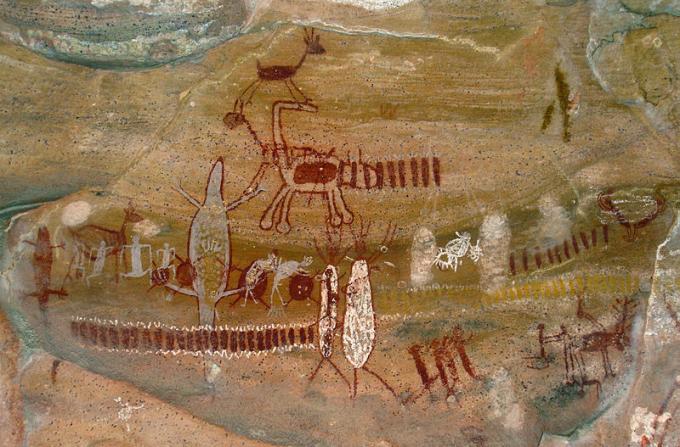Modernism or modern movement it was a artistic and cultural movement that emerged at the beginning of the 20th century, and its objective was to break with the "traditionalism" of the time, experimenting with new techniques and artistic creations.
Modernism was marked by vertiginous and chaotic transformations, in addition to the ephemerality and sense of fragmentation of reality. Modernist artists felt the need to change the environment in which they lived, experimenting with new concepts.
It was believed that the “traditional” forms of fine arts, design, literature, music and cinema were totally outdated. A new culture had to be “created”, with the aim of transforming already established cultural and social characteristics, replacing them with new forms and visions.
Modern artists, from these new artistic forms that were established, developed their creation and reproduction techniques, subjectively giving rise to a new way of thinking about the system current. The artist's way of thinking and positioning in relation to the processes of modernity (change, ephemerality and fragmentation) were extremely important for the formation of a modernist aesthetic.
Characteristics of Modernism
- liberation from aesthetics
- Break with Traditionalism
- Freedom to experiment
- Formal freedom (free verses, abandonment of fixed forms, absence of punctuation, etc.)
- language with humor
- Appreciation of everyday life
Modernism in Brazil
In Brazil, Modernism was a movement of great importance, as Brazilian artists longed for a aesthetic liberation, that is, stop "sucking" the avant-gardes that emerged in Europe and create a new and independent of art.
The starting point of Modernism in Brazil is considered the Modern Art Week, which took place between the 11th and the 18th of February 1922, in São Paulo.
Also known as "Week of 22", the event was formed by a group of intellectuals who sought the a break with the "old", bringing influences from the European vanguards in order to create a new model.
Among the main representative artists who participated in the Week of Modern Art are: Graça Aranha, Mário de Andrade, Oswald de Andrade, Menotti Del Pichia, Anita Malfatti, Heitor Villa-Lobos, Tacito de Almeira, Di Cavalcanti, among others.
Modernism in Brazil is marked by three main moments.
First phase of Modernism
Also known as "Heroic Phase", began with the Week of Modern Art, in 1922, and was registered as a moment for aesthetic renewals.
Artists were inspired by the avant-gardes emerging in Europe. This phase was also known because of the formation of important modernist groups, such as the Antropófago Movement (1928-1929) and the Regionalist Manifesto (1926).
Among the artists who stand out in this phase are: Oswald de Andrade (1890-1954), Mário de Andrade (1893-1945) and Alcântara Machado (1901-1935).
The first phase of Modernism lasted eight years, between 1922 and 1930.
Second phase of Modernism
THE "Consolidation Phase", as the second phase of Brazilian Modernism is also called, is characterized by the exploration of nationalist and regionalist themes. The artistic works of the modern movement undergo a maturation
Carlos Drummond de Andrade (1902-1987), Raquel de Queiroz (1902-2003), Jorge Amado (1912-2001), Cecícila Meireles (1901-1964), Vinícius de Moraes (1913-1980) and Érico Veríssimo (1905-1975) are some of the highlights this phase.
The second phase of Modernism lasted 15 years, between 1930 and 1945.
Third phase of Modernism
This phase is a reason for many conflicts among scholars. Some defend it as a phase "Post-Modernist", considering its end in the 1960s, however there are other theories that say its end it was in the 80s, and there are still those who consider the third phase of Modernism still present in the current.
The main characteristic of this period is the predominance and diversity of prose (intimate, regional, urban, etc.). Another highlight was the formation of the group "Geração de 45", which tried to produce a more neutral poetry, with serious tones, being called "neo-Parnasians" (classical avant-garde that was rejected by the modernists).
At this stage, the following stand out: Clarice Linspector (1920-1977), Ariano Suassuna (1927-2014) and Guimarães Rosa (1908-1967).
See also the meanings of Vanguard and Enlightenment.


